
Why Site Survey or Inspection is Important for Solar Installation?
Solar energy has become a cornerstone of sustainable energy solutions, with homeowners and businesses increasingly turning to it as a reliable and eco-friendly alternative. However, the foundation of a successful solar installation lies in a thorough site survey or inspection. This process ensures the solar system's efficiency, safety, and compatibility with the location's unique characteristics.
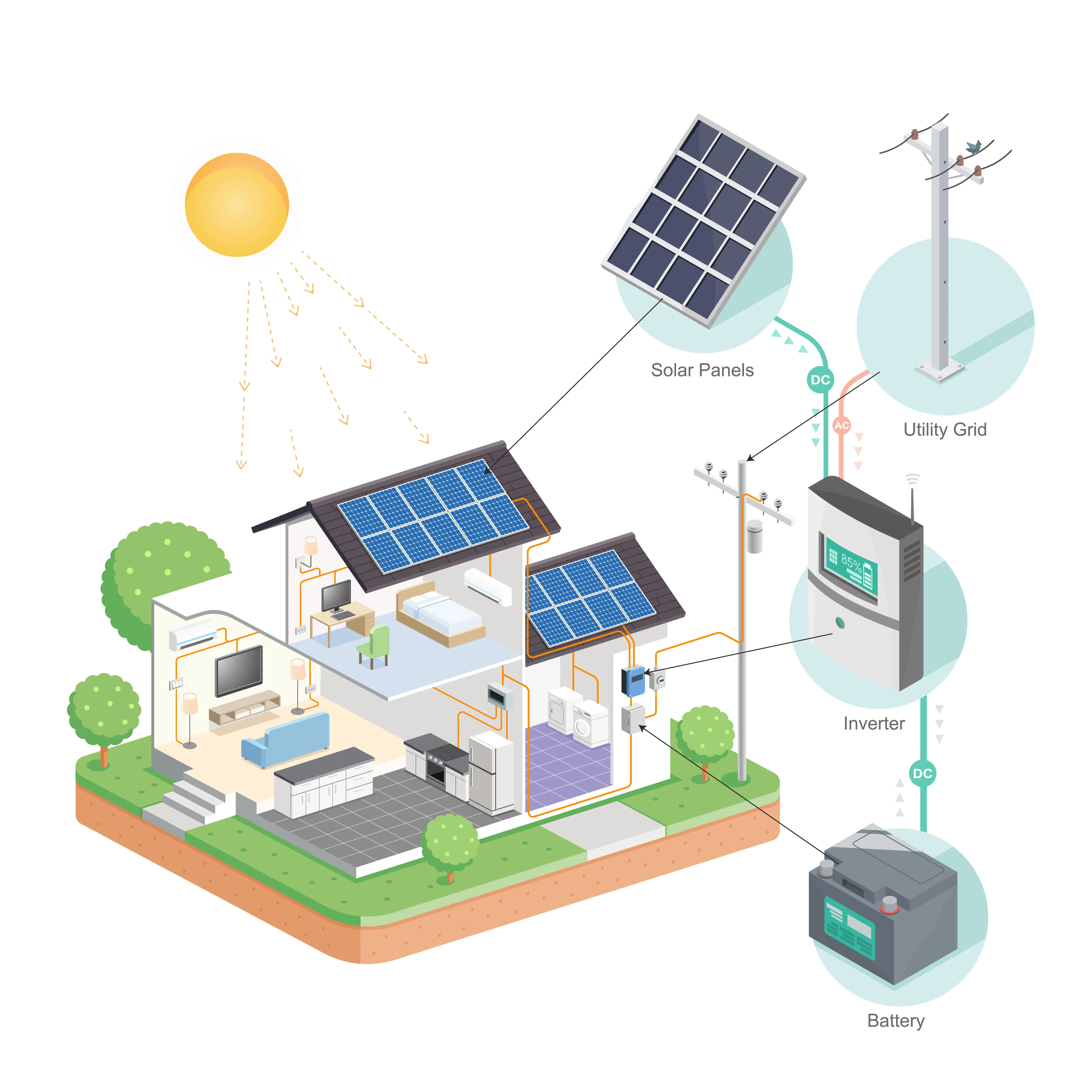
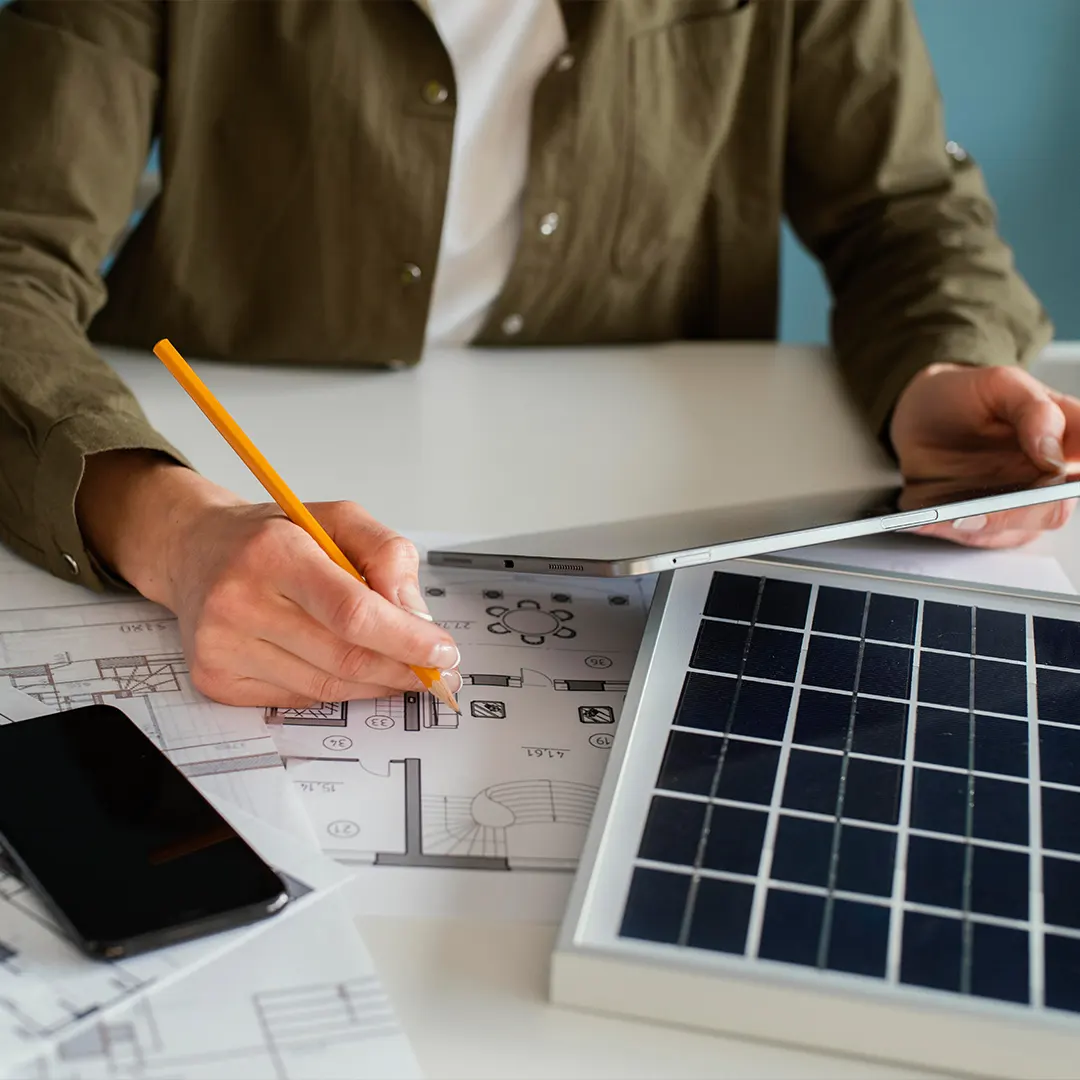
What is a Solar Site Survey?
A Solar Site Survey is an essential step in evaluating the feasibility of installing a solar energy system. This process involves a detailed assessment of the proposed installation site, whether it’s a roof or a ground surface.
Key site factors such as shading, orientation, and available space are carefully analyzed to identify the optimal placement for solar panels. Additionally, the survey takes into account sun exposure, weather patterns, and local regulations to estimate the potential energy output and ensure the installation's compliance and cost-effectiveness.
Conducting a Solar Site Survey enables homeowners and businesses to make well-informed decisions, unlocking benefits such as reduced energy costs, greater energy independence, and a positive environmental impact.
The Role of a Site Survey in Solar Installation
Assessing Solar Potential: A site survey determines whether your location is ideal for harnessing solar energy. Factors like roof angle, exposure to sunlight, and possible shading are critical in deciding the optimal placement of solar pv modules. Without this step, even high-quality solar panels from top solar panel manufacturers in India may not deliver the expected results. Explore our diverse range of products to choose the best.
Evaluating Structural Integrity: The site survey ensures that your roof or ground structure can support the solar module mounting structures. Inspectors look for wear and tear, slope, and weight-bearing capacity to ensure safety. With robust solar module structures in place, the durability of the system is guaranteed.
Customizing System Design: Every solar installation is unique. A site survey helps tailor the design of the system, from choosing the best photovoltaic panels manufacturers to integrating the latest technology in solar panels. This customization enhances energy efficiency and aligns with specific energy requirements.
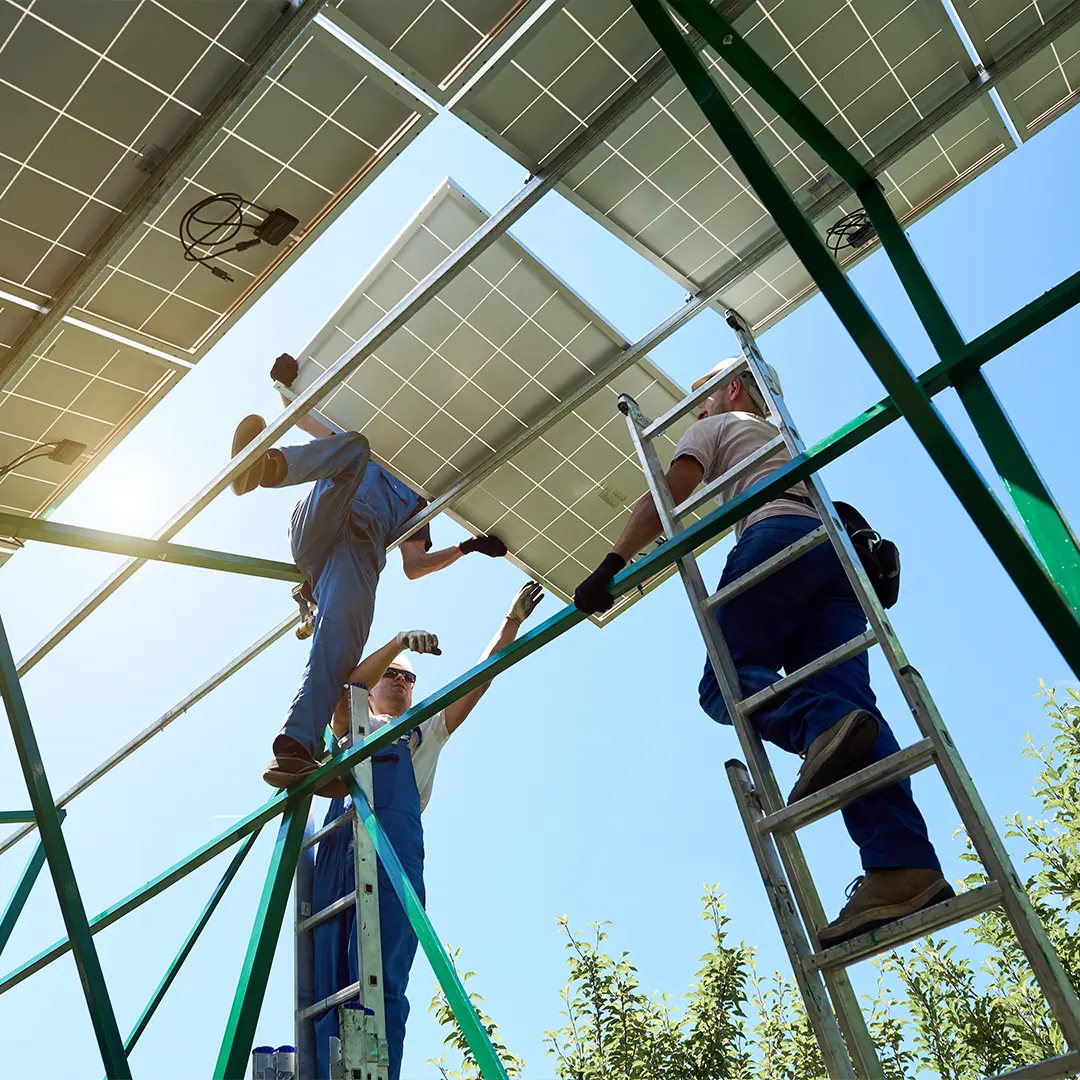
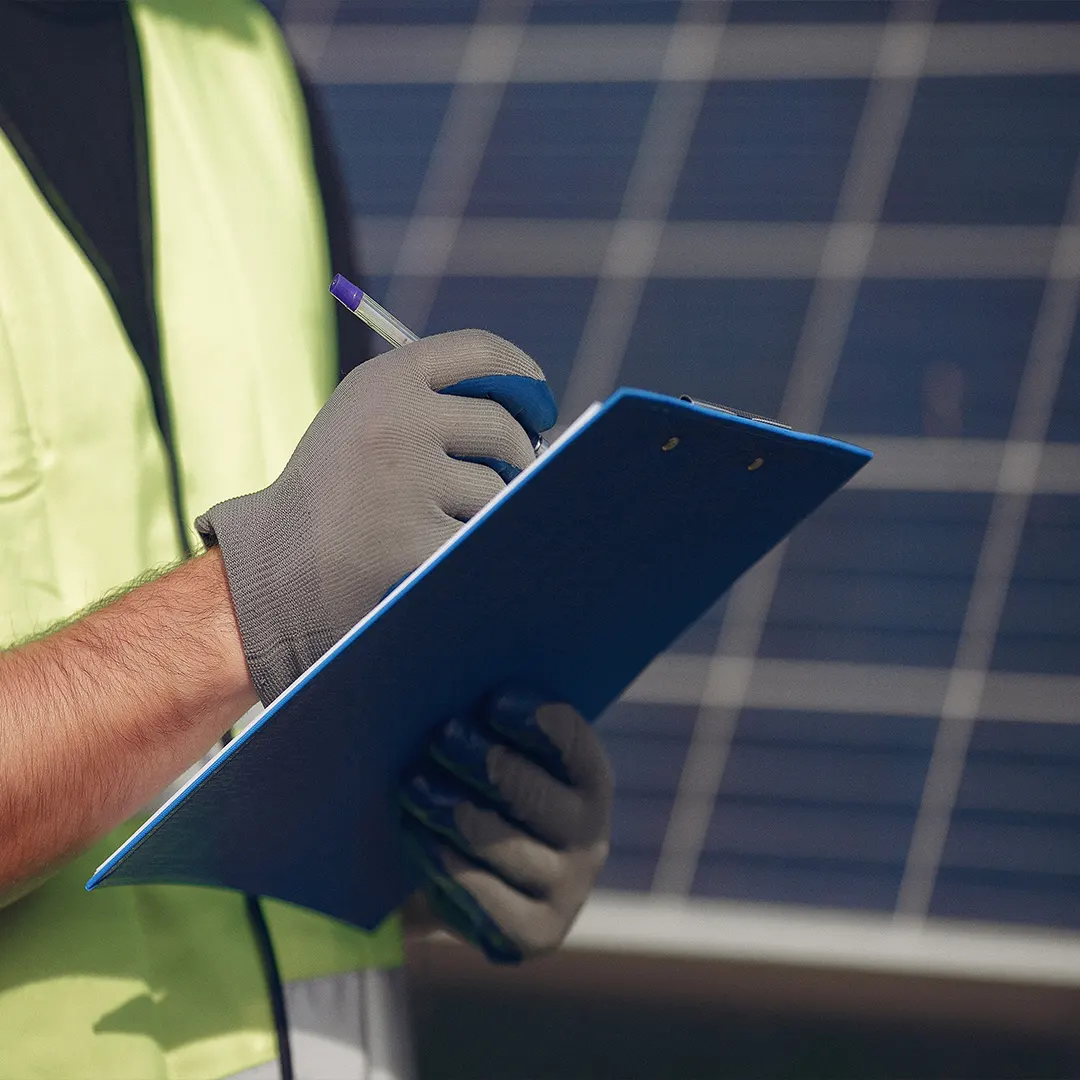
Key Benefits of Conducting a Site Survey:
Maximizing Energy Efficiency: A well-conducted site survey pinpoints the best location for solar modules ensuring maximum exposure to sunlight and minimal energy loss.
Reducing Installation Errors: Errors during installation can lead to costly repairs and inefficiencies. By identifying challenges like shading or roof obstructions beforehand, a site survey minimizes risks.
Ensuring Compliance and Safety: Local building codes and regulations vary, and a site survey ensures compliance. It also identifies potential safety hazards, guaranteeing that the installation adheres to industry standards.
The Site Survey Process
Inclination of Solar Modules: The inclination of solar modules is a critical factor in determining the efficiency of solar panels. During a site survey, it's essential to ensure that the panels are installed to receive maximum sunlight throughout the day. For example, since India lies in the northern hemisphere, solar panels should ideally face true south to achieve optimal output.
Inspection of Roof Structure: India’s diverse climate and architectural variations result in a wide range of rooftop designs. Unlike countries with uniform roof structures, a thorough site survey in India must include a detailed inspection of the roof. Key factors to consider are the roof's dimensions, inclination, construction materials, direction, and overall feasibility for solar installation.
Shading Analysis: Shading significantly impacts the efficiency of solar PV systems. Even partial shading during the day can drastically reduce output. A site survey must ensure that a substantial portion of the installation area remains free from shadows caused by trees, buildings, or other structures to maintain maximum efficiency.
Load Analysis: Load analysis involves a detailed assessment of energy usage, including AC/DC converters and electricity consumption patterns. This analysis helps estimate energy generation and determine the potential electricity savings the solar system can provide.
Financial Analysis: Evaluating the project's financial feasibility is a key aspect of a solar site inspection. With government incentives and financial aid available in India for solar installations, the financial analysis considers installation costs, economic viability, and other critical financial parameters to ensure the project delivers value to the user.
Report and Design: A detailed report outlining findings, system design, and recommendations is shared. It includes cost estimates and timelines for installation.
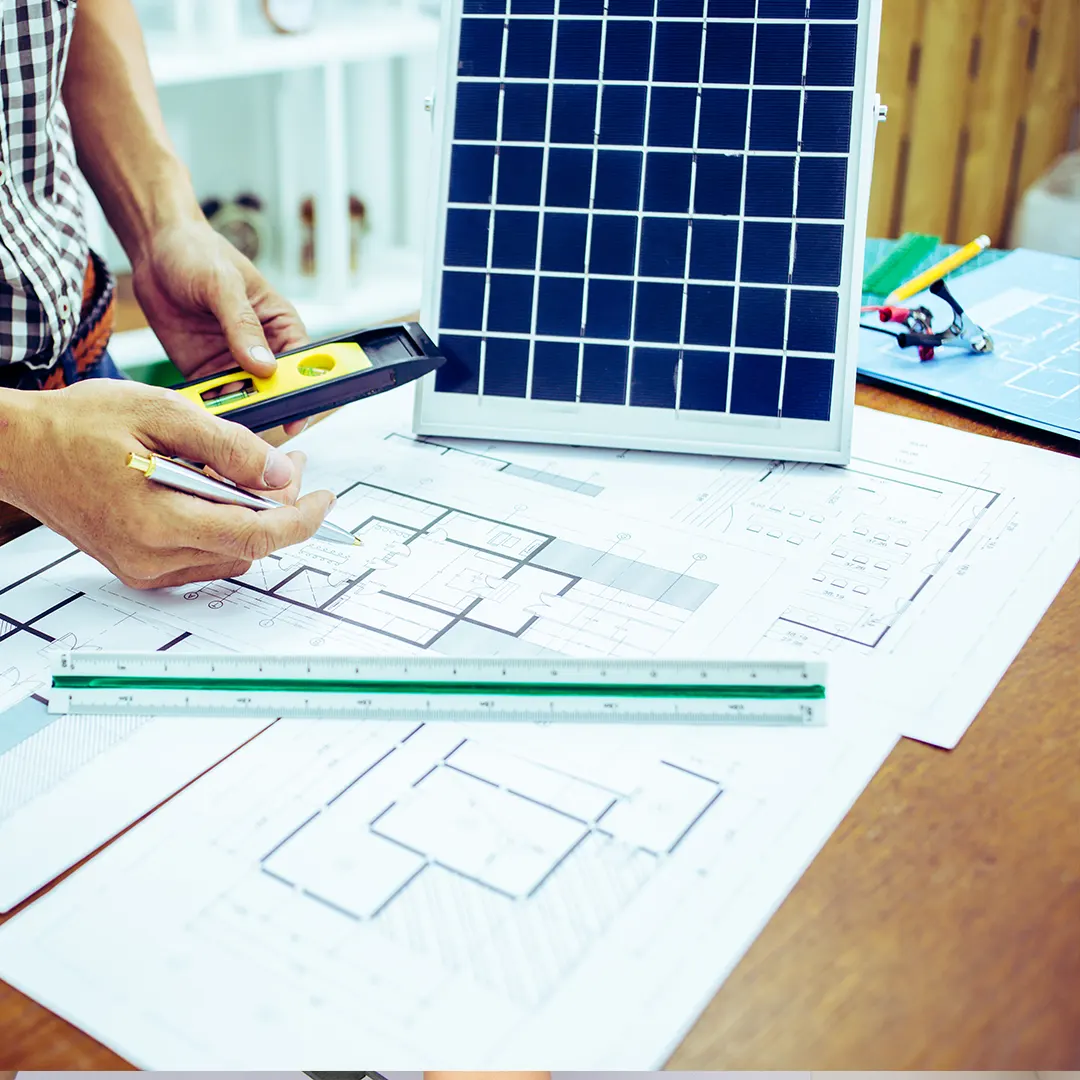
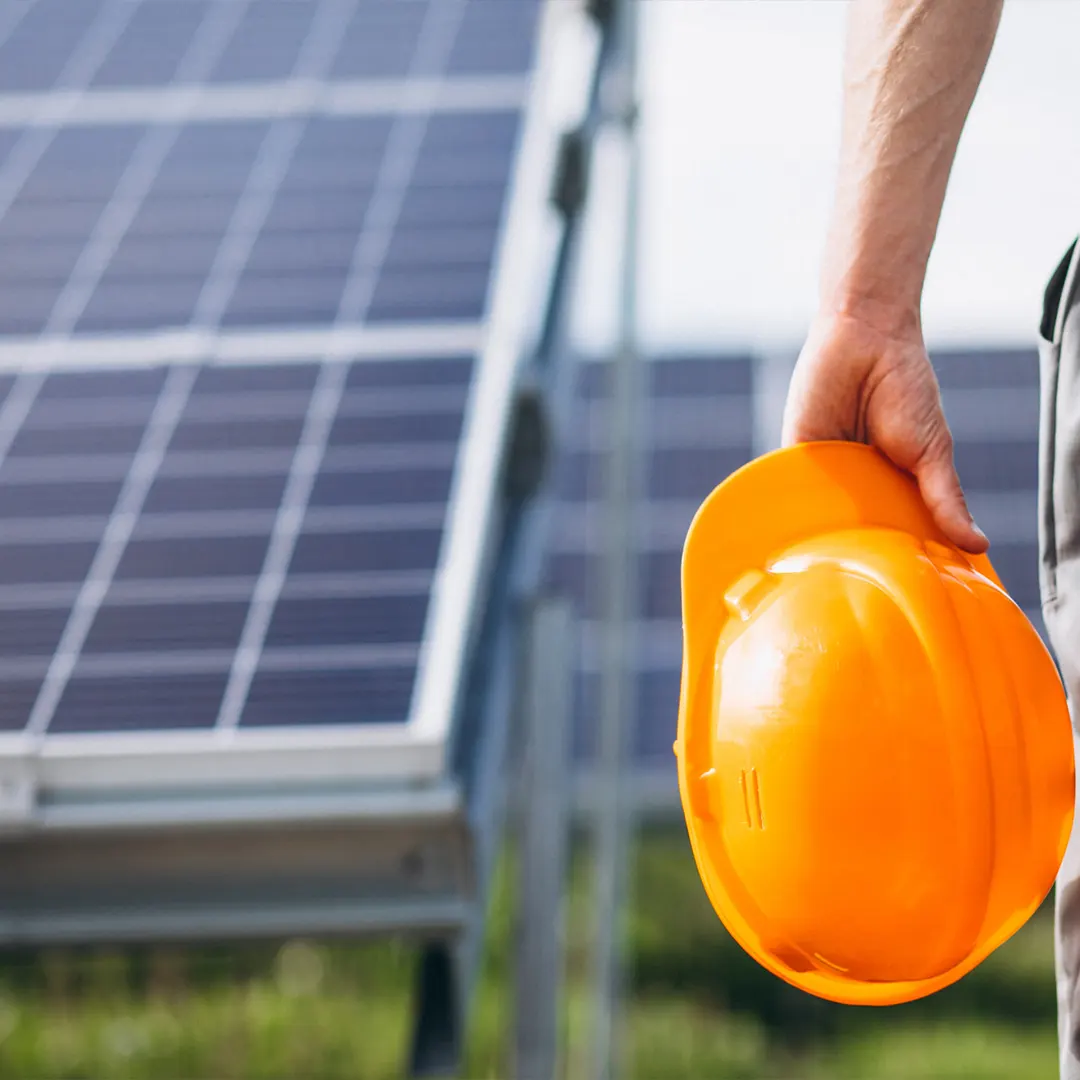
Why Choose Professional Site Surveys?
Expertise in Solar Technology: Professional site surveys rely on the expertise of engineers familiar with solar module mounting structures and other technical aspects.
Access to the Latest Technology: Our experts stay updated on innovations at PIXON, ensuring the use of cutting-edge products for installations.
Long-Term Savings: A proper site survey ensures your system operates at peak efficiency, translating to lower energy bills and higher ROI.
Wrapping Up
A solar site survey is an essential step in maximizing the efficiency of your solar energy system. Understanding the various aspects and factors involved in a site survey is key to ensuring you get the best return on your investment.
Preparing your roof or land appropriately and selecting the right type of mounting system are vital to achieving optimal results. By assessing sunlight hours, angles, and directional exposure at your location, you can identify the most suitable equipment for your needs.
In summary, embracing the solar site survey process is crucial for anyone looking to harness the full potential of renewable energy. Solar power offers incredible possibilities—let’s unlock its benefits with thoughtful planning and implementation!
Contact Us today to learn how PIXON’s innovative solar solutions can transform your energy consumption.
FAQ Section
site survey identifies the best placement and design for your solar system, ensuring efficiency and compliance.
Typically, it takes 1-2 hours, depending on the size and complexity of the site.
No, a site survey is essential for all installations to assess shading, structural integrity, and other factors.